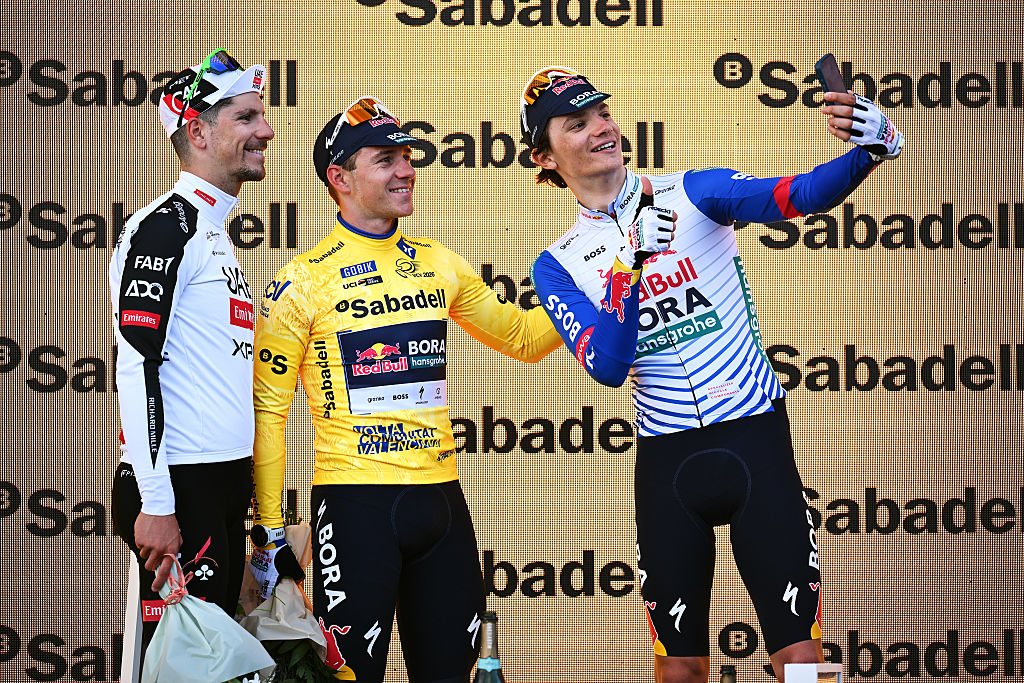CIRC: Contador given favourable treatment by UCI after 2010 Tour de France doping positive
No cover-up of positive test but UCI failed to follow usual rules
The latest race content, interviews, features, reviews and expert buying guides, direct to your inbox!
You are now subscribed
Your newsletter sign-up was successful
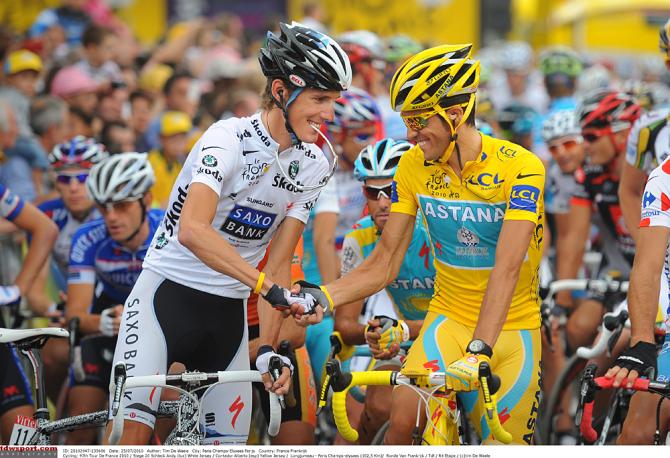
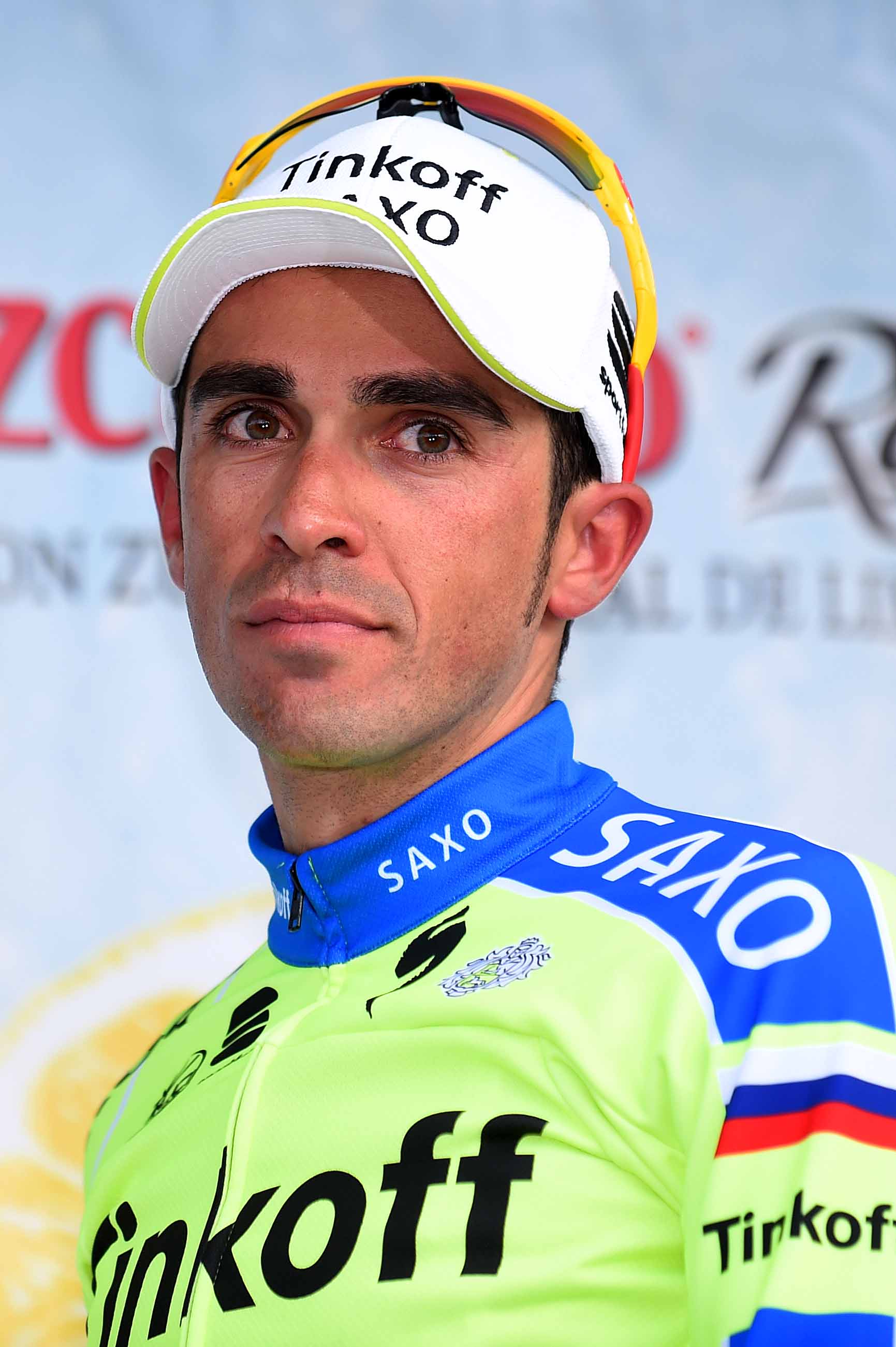
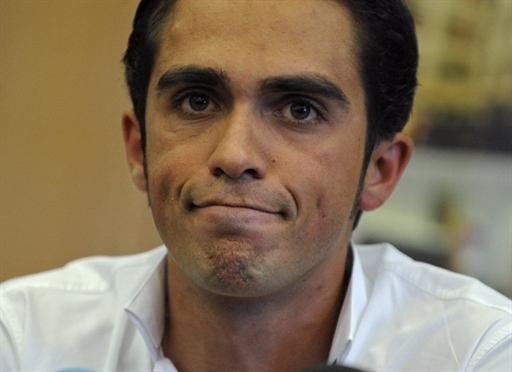
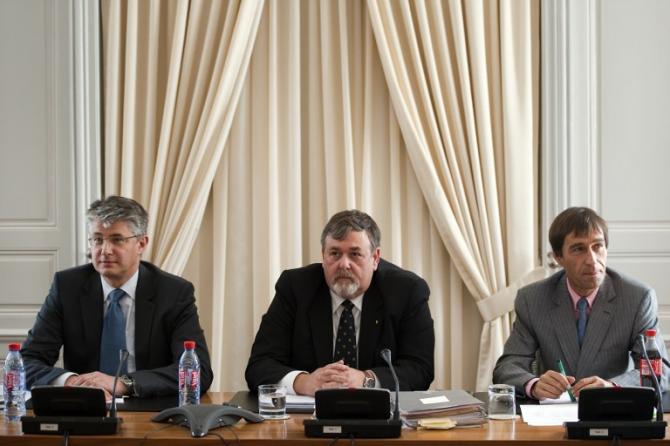
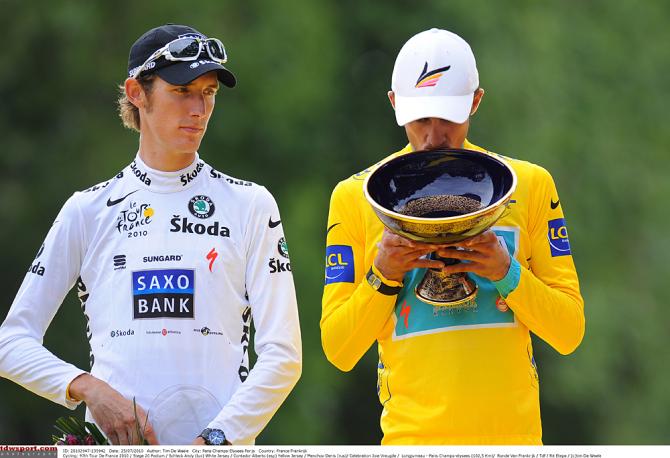
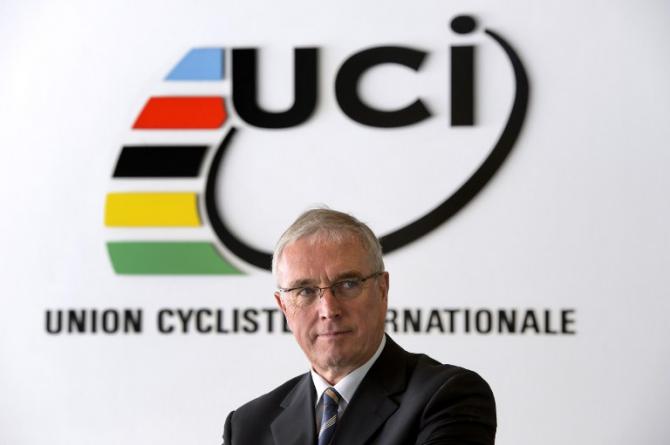
Within the 228-page Cycling Independent Reform Commission (CIRC) report is the finding that there was no evidence behind the allegations of the UCI covering up Alberto Contador's positive test for clenbuterol at the 2010 Tour de France. The report did find inconsistency with how the case was dealt with and that Contador received favourable treatment by the governing body.
While WADA enforces "minimum levels on WADA-accredited laboratories" the CIRC report found that the testing capabilities was a reason behind the unequal treatment of athletes samples, highlighted by Contador's 2010 positive test.
The CIRC report investigated the allegation that the UCI had covered up the test until German television station ARD announced the details of the positive test.
Contador, won the 2010 Tour returned a positive test on July 21st, the second rest day of the race, with the sample sent to the Cologne laboratory. According to the CIRC report, this was because "the Cologne laboratory was able to undertake a more in-depth analysis for AICAR, insulin and clenbuterol."
All samples from the 2010 Tour besides those taken on July 12 and 21 were sent to the Lausanne laboratory for testing.
On August 24 2010, Contador was contacted by the UCI via telephone to arrange a meeting on August 26 regarding an Adverse Analytical Finding (AAF) which was attended by three UCI staff.
Contador's defence was that the low level clenbuterol in his sample was due to contaminated meat. While positive clenbuterol cases in China and Mexico had been linked to contaminated meat, there was no European precedent.
The latest race content, interviews, features, reviews and expert buying guides, direct to your inbox!
The CIRC report suggests that there was “good reasons to investigate the matter" before going public with the case again Contador as discussions between the UCI, WADA, and laboratories took place to determine the next cause of action.
The CIRC report reviewed UCI data from 2010, investigating the decision making process by the governing body, finding that "UCI legal department was not in favour of opening a procedure on the basis of the clenbuterol finding only, given their concern about the high possibility of failure."
Meanwhile WADA's lawyers pushed ahead in opening a case against Contador, leading to the UCI publishing a press release on September 30 detailing the positive test from the Tour.
The UCI had also been forced to act due to the German Television station ARD finding out about the positive test but CIRC did not find this to the sole reason for opening the proceedings.
The UCI contacted the Spanish Cycling Federation (RFEC) on November 8 2010, requesting it open a "disciplinary proceedings" against Contador with the RFEC proposing a one-year sanction on January 25, which was refused by Contador.
The UCI's appeal to CAS was joined by WADA with both parties seeking to have a two-year ban for Contador which was sanctioned by CAS in February 2012 which also stripped him of his 2010 Tour victory and 2011 Giro d'Italia win along with his other results.
As WADA had been informed by the UCI and was “involved in the discussion regarding the results management of the case", the CIRC report found "no evidence" of a cover up.
The CIRC report does raise the issue of favourable treatment; in particular through interviewees who raised the question of why Contador was allowed to be notified in is home country.
The low level of clenbuterol and the fact that Contador had won the Tour, was not reason enough according to CIRC for special treatment by the UCI and was an example of the UCI's “poor public management of crisis situations."
"The CIRC is of the opinion that the same rules and procedures should have applied to Alberto Contador as to all riders irrespective of his ranking and status."
While the UCI does come under pressure from CIRC regarding its decision-making processes, the report illustrates the propensity for an "unequal” testing due to the inconsistency of laboratories used by the UCI. CIRC adds its concern that only one laboratory, Cologne, was capable of detecting the amount of clenbuterol in Contador's sample.
CIRC raised further concern over the manner in which the case was handled, describing it as; “yet another example that has been brought to the CIRC's attention and such cases should be seriously investigated in order to respect the athlete's right to privacy as well as his/her rights for due process."
